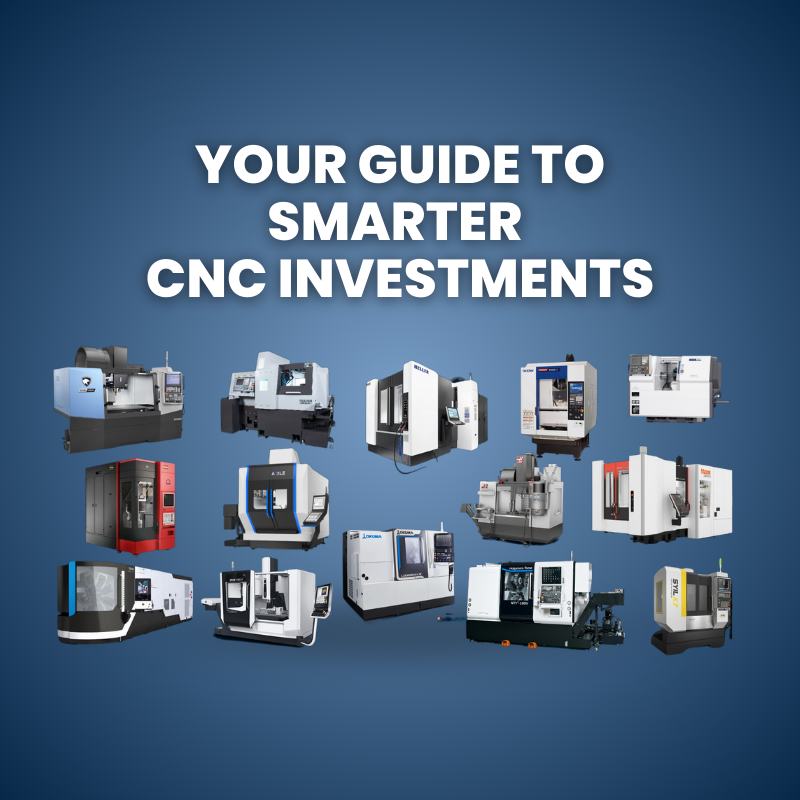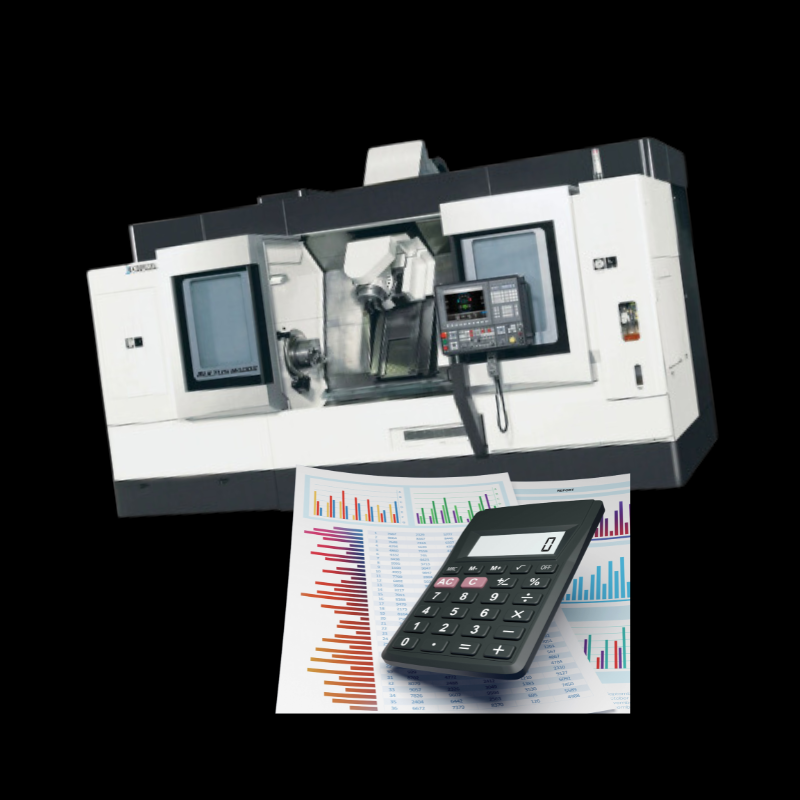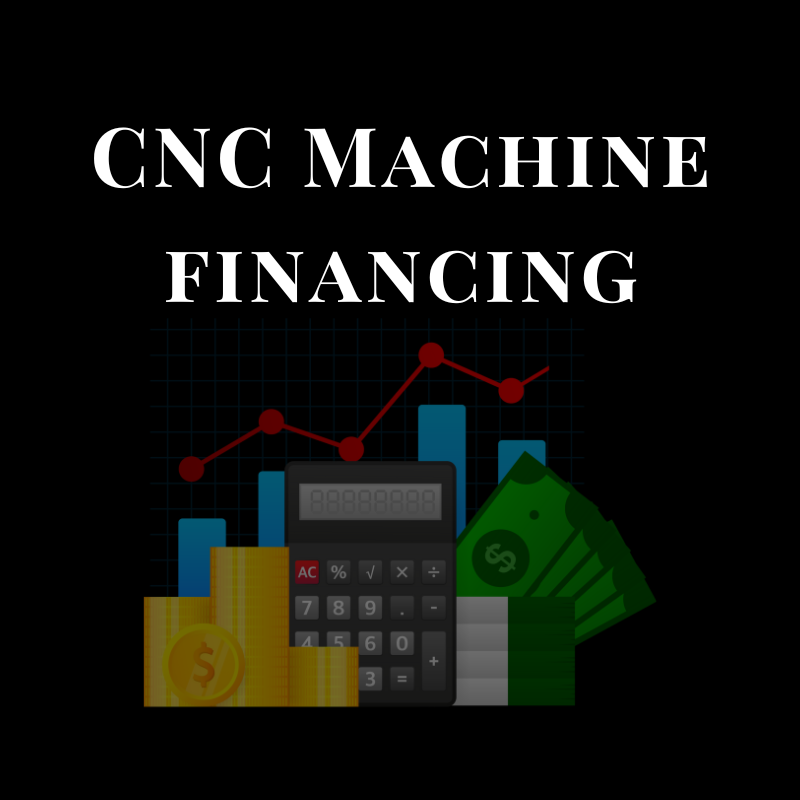Embarking on the journey of purchasing a CNC machine can bring up many questions, primarily regarding cost. My expertise in this field allows me to provide you with comprehensive insights, ensuring you make an informed decision with confidence.
As a whole, CNC machine prices vary significantly, ranging from $2,000 for basic models to upwards of $3,000,000 for advanced industrial machines. This price range is influenced by several factors, including the machine's type, size, capabilities, and additional features like advanced software or hardware upgrades. Understanding these elements is crucial for prospective buyers to find a machine that meets both their technical needs and budget constraints.
Join me as we delve deeper into the factors that influence CNC machine costs and learn how to evaluate the true value of these machines, ensuring your investment is sound and tailored to your specific needs.
Exploring the Factors That Set CNC Machine Prices
When it comes to understanding the cost of a CNC machine, several key factors come into play:
- Machine Type: Different types of CNC machines, such as routers, mills, lathes, or plasma cutters, each come with their own price tags. For instance, CNC mills are often more expensive than routers due to their intricate metalworking capabilities.
- Size and Power: The physical size and power capacity of the machine significantly impact its cost. Larger, more powerful machines are generally more expensive, catering to industrial-scale manufacturing needs.
- Software and Technology: The sophistication of the control software and technological advancements like precision control systems can increase the price. More advanced software provides enhanced capabilities but at a higher cost.
- Build Quality and Brand Reputation: High-quality construction and well-known brands usually command higher prices. However, they also often offer better reliability and longevity.
- Additional Features: Features such as automatic tool changers, multi-axis capabilities, and advanced cooling systems add functionality but also add to the overall cost.
Understanding these factors is vital for making a well-informed purchase that aligns with your specific requirements and budget.
What Aspects of a CNC Machine Influence Its Price the Most
Certain aspects of a CNC machine have a more profound impact on its overall cost:
- Core Machinery Components: The quality of key components like the spindle, motor, and machine bed can significantly influence the price. Higher quality components ensure better performance and durability but at a higher cost.
- Material and Construction: The use of premium materials for machine construction, such as high-grade steel or aluminum, can raise the price due to their durability and precision in manufacturing.
- Technological Integration: Incorporating cutting-edge technology, like AI or high-precision calibration tools, can considerably increase the cost. These technologies enhance performance and efficiency but come at a premium.
- Customization Options: Customizations tailored to specific industrial requirements or unique applications also contribute to a higher price tag.
Understanding these aspects helps in discerning why certain CNC machines are priced higher and what value they offer in return.
Determining the Value of a CNC Machine's Price
Evaluating the value of a CNC machine involves considering:
- Match with Requirements: Ensuring the machine's capabilities align with your specific needs is crucial. Avoid overpaying for features you don't need or compromising on essential functionalities.
- Maintenance and Longevity: Consider the long-term costs associated with maintenance, repairs, and the machine's lifespan. A lower upfront cost might lead to higher expenses over time.
- Manufacturer Support: The quality of the warranty, customer service, and technical support offered by the manufacturer can add significant value.
- Resale Value: Some CNC machines retain their value better than others. Researching the potential resale value is important, especially if you plan to upgrade in the future.
- Total Cost of Ownership: Factor in all associated costs, including installation, training, operation, and maintenance, to fully understand the investment.
By thoroughly evaluating these aspects, you can determine whether a CNC machine's price represents good value for your specific situation and needs.




